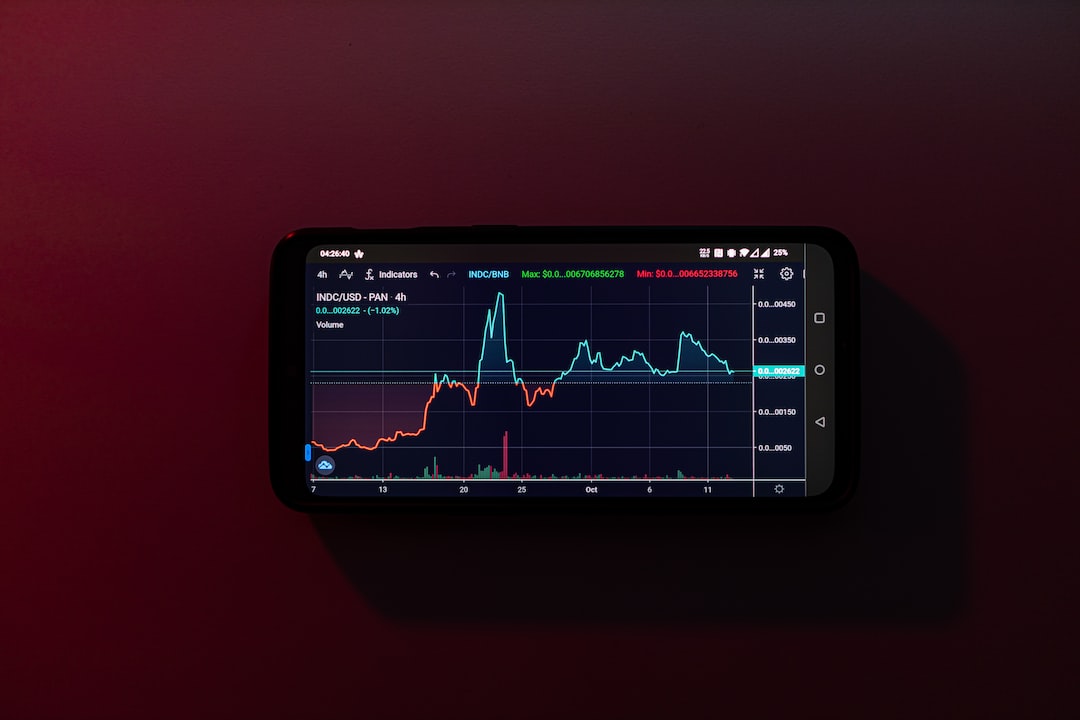Analyzing data is important in all sectors, including traditional finance, but crypto analysts have unique data to work with. On-chain analysis involves using data from the blockchain to make predictions about prices and assess economic or technical risks. To become an on-chain analyst, you need to have a deep understanding of blockchain technology and its nuances. You should also be familiar with tools like block explorers, intelligence tools, and social platforms. There are various intelligence tools available, such as Artemis, TokenTerminal, DefiLlama, Dune, Flipside, Arkham, and Nansen, which provide different levels of data analysis. However, block explorers remain the most important tool for on-chain analysts.
Being a good on-chain analyst requires not only technical skills but also soft skills like attention to detail and perseverance. It involves following the trail of transactions and analyzing data beyond market value. Mathematical skills are also necessary for conducting nuanced analysis using formulas and mathematical theory. Once you have gathered the necessary information, you can start formulating a thesis based on the data.
To get started as an on-chain analyst, you can build a portfolio by actively sharing your findings and analysis on platforms like Twitter. This will help you create a name for yourself and showcase your skills. You can then either look for a full-time job with a company or work as an independent on-chain analyst. If you choose to be independent, you can offer your services to projects in exchange for tokens or pursue freelance opportunities.
Being a freelance on-chain analyst can be lucrative if you use on-chain data to forecast market scenarios and position yourself accordingly. It may take time to build your reputation and find clients, but once you have established yourself in the industry, there are many opportunities available. So if you’re interested in on-chain analysis, familiarize yourself with the necessary tools and start making predictions and finding security holes to build your reputation in the field.
In conclusion, becoming an on-chain analyst requires a deep understanding of blockchain technology, proficiency in using tools like block explorers and intelligence tools, mathematical skills, attention to detail, and perseverance. By actively sharing your findings and analysis, you can build a portfolio and establish yourself in the industry. Whether you choose to work for a company or as a freelancer, there are opportunities available for skilled on-chain analysts in the crypto market.





 By
By
 By
By
 By
By
 By
By
 By
By